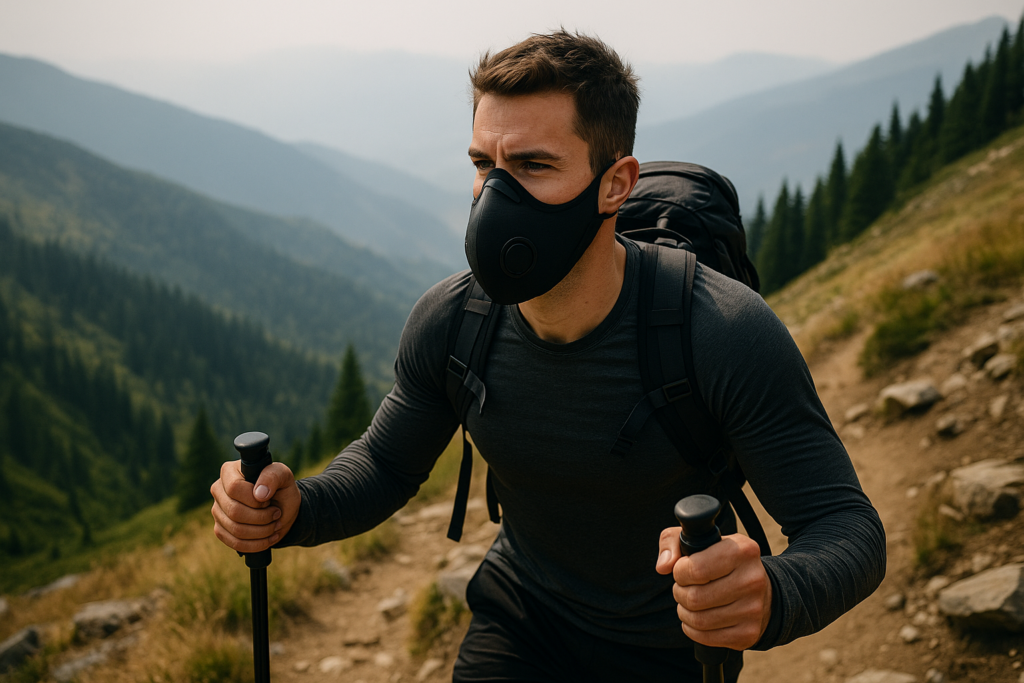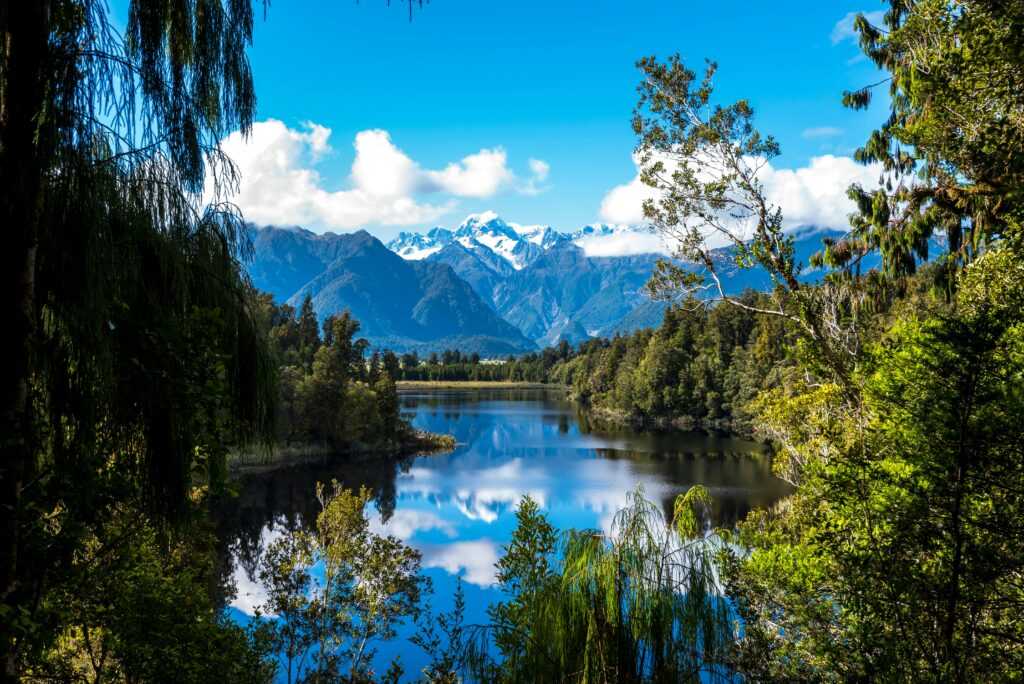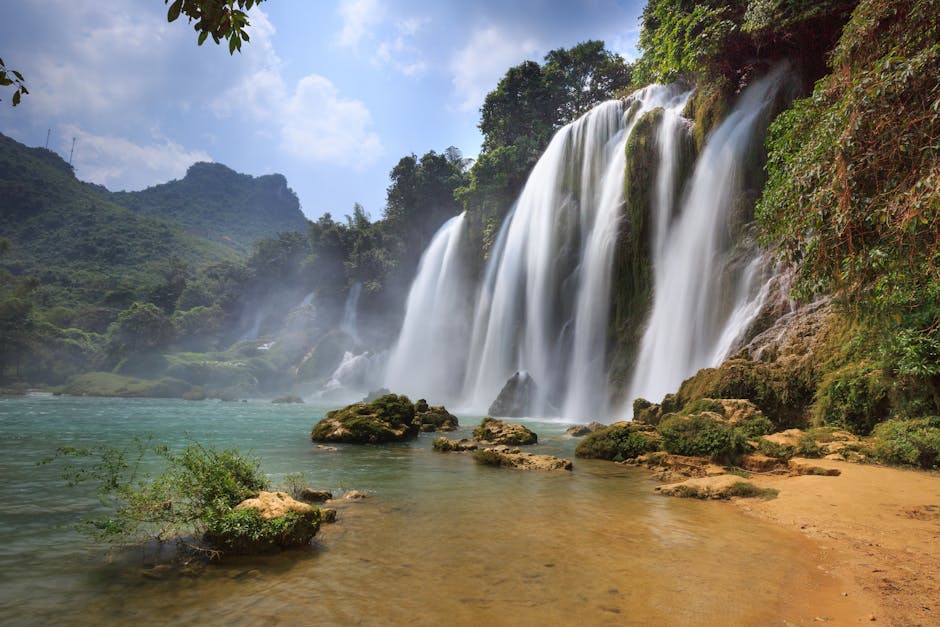Whether you’re hiking in a busy national park near a city or deep in the mountains after wildfire season, the air you breathe plays a huge role in how much energy you can sustain. Understanding how pollution and fine particles affect your body is essential if you want to hike longer, recover faster, and truly enjoy every step of the journey.
The hidden impact of poor air quality on endurance
When we think of endurance, we often focus on muscle strength, cardio, and stamina. Yet every movement depends on oxygen delivery — and that starts with the air you breathe. Poor air quality, especially when it contains fine particulate matter (PM2.5), ozone, or nitrogen dioxide, reduces the amount of oxygen your lungs can absorb efficiently.
During physical activity, your breathing rate can increase up to ten times compared to when you’re resting. This means that on a day when the air quality is poor, your body is taking in more pollutants per minute. Those particles irritate the respiratory system, inflame lung tissue, and even enter the bloodstream, causing fatigue, shortness of breath, and decreased endurance.
Hikers often describe the feeling as “hitting a wall” earlier than usual — and that’s not just psychological. Scientific research confirms that exposure to polluted air can increase perceived effort, making each climb feel steeper than it really is.
High altitude and pollution: a double challenge
Many hikers believe that heading into the mountains automatically guarantees cleaner air, but that’s not always the case. In certain regions, pollution from valleys and cities can drift upward, settling in mountain basins and passes. Combine that with thinner oxygen levels at higher altitudes, and your body has to work even harder.
At high elevations, every breath already contains less oxygen. Add pollutants or wildfire smoke, and your endurance can drop dramatically. That’s why more hikers, cyclists, and outdoor athletes are turning to advanced respiratory protection to keep their lungs safe without sacrificing comfort.
The role of protective gear in cleaner breathing
A simple and effective way to protect yourself from poor air quality is by wearing a filter mask designed specifically for outdoor activity. Unlike basic cloth masks, these models use multi-layer filtration to block fine particles, allergens, and even harmful gases — all while allowing free airflow during exercise.
Wearing a mask might seem unnecessary in nature, but once you hike near traffic, pass through industrial zones, or face dusty summer trails, you’ll quickly notice the difference. You’ll breathe easier, stay energized longer, and recover faster after long climbs.
For those who prefer lightweight, ergonomic solutions, the light face mask offers advanced filtration without the bulk. Designed for sports and outdoor adventures, it ensures optimal breathability and comfort — ideal for multi-hour hikes or bikepacking trips where performance matters as much as protection.
How to track and plan around air quality
Modern hikers have one more tool in their backpack: data. With apps like IQAir, AirVisual, or Plume Labs, you can check real-time air quality indexes before hitting the trail. This helps you adjust your pace, pick cleaner routes, or even plan early morning hikes when pollution levels are lowest.
Other helpful habits include:
-
Avoiding trails near heavy traffic or industrial zones.
-
Taking breaks in shaded, vegetated areas that naturally filter the air.
-
Increasing hydration to help your body flush out toxins.
-
Wearing your filter mask in exposed, dusty, or smoggy conditions.
Small decisions like these can have a big impact on your stamina and post-hike recovery.
Final thoughts
Endurance isn’t just about how far your legs can take you — it’s also about how efficiently your body can use the air around you. Clean air equals better oxygenation, better focus, and greater resilience against fatigue.
If you’re serious about hiking performance and long-term lung health, protecting your breathing should be part of your gear checklist, right next to your boots and water bottle. A reliable filter mask can make all the difference between cutting a hike short and reaching the summit with energy to spare.
So next time you pack for your next adventure, remember: your lungs are your engine — treat them with the same care you give your gear.




